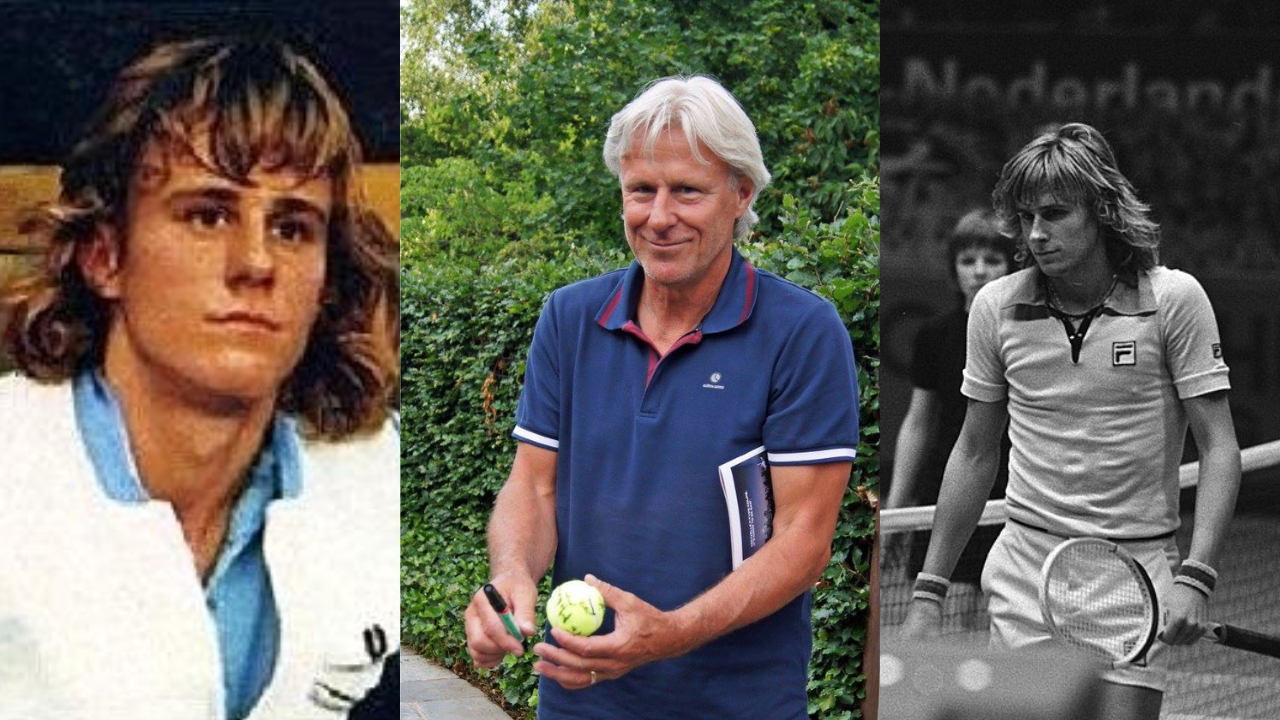“Day by day, year by year,” Is How Bjorn Borg Takes Life After His Prostate Cancer Diagnosis

Credits: Wikimedia Commons
SummaryTennis legend Björn Borg, 69, revealed in his autobiography that he battled an “extremely aggressive” prostate cancer, calling the diagnosis psychologically difficult. Now in remission after 2024 surgery, Borg undergoes regular tests and lives “day by day.” Reflecting on past triumphs, early retirement, struggles, and recovery, he says he’s “very happy” today.
End of Article
